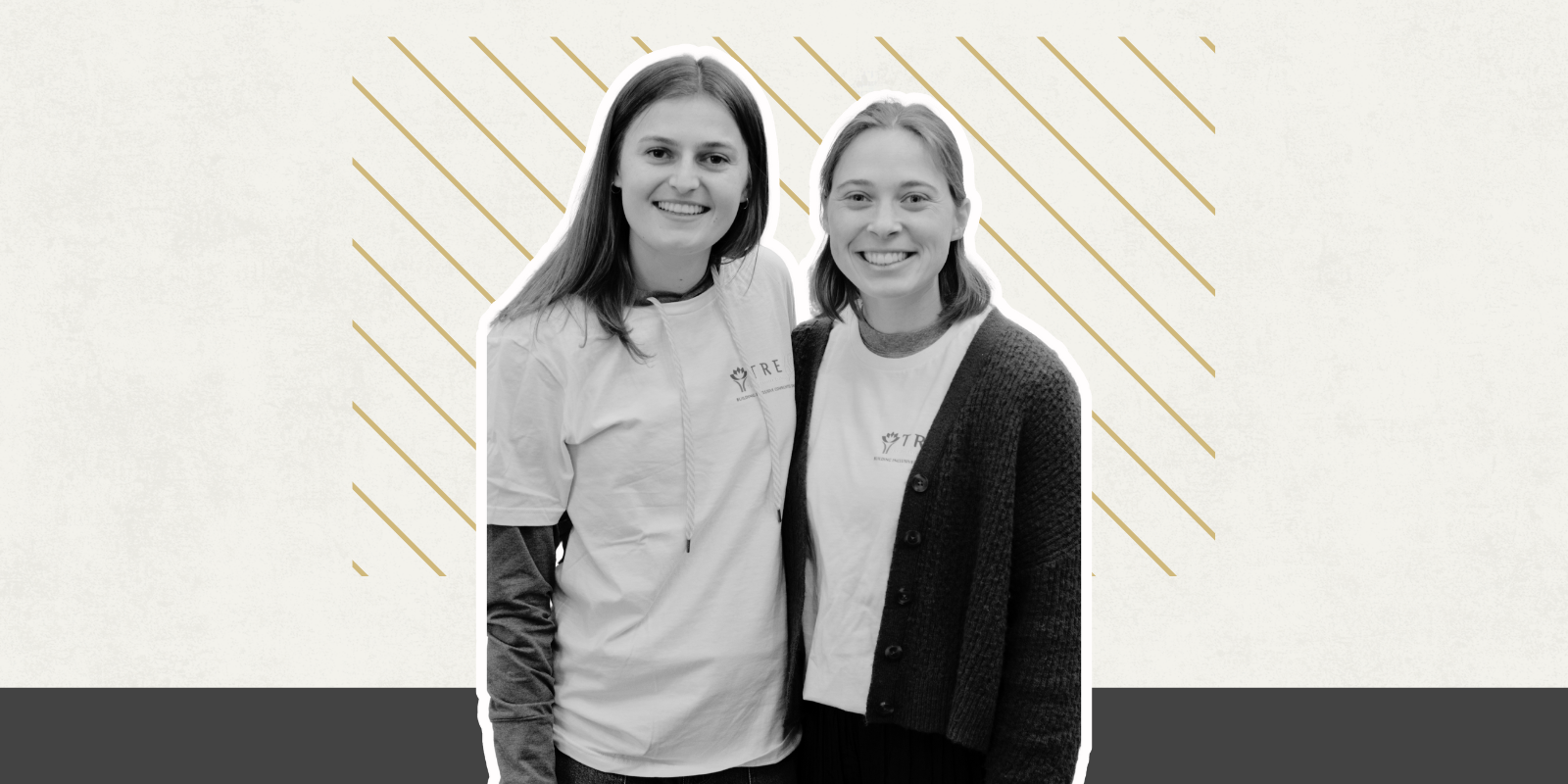When did you start working with Michelle Obama?
I went to Washington in 2009 as a health policy fellow with the Robert Wood Johnson Foundation and the National Academy of Medicine. It was a mid-career fellowship I did as a faculty member at the CU School of Medicine. As part of that fellowship, I was placed in Mrs. Obama’s office, then I continued for another year as her health policy adviser.
Why did you apply for that fellowship? What was interesting to you about that opportunity?
I worked in advocacy and policy for a long time. That’s one of my academic interests, and I had been teaching advocacy and policy at the medical school. When it looked like health care reform was going to be a presidential priority under President Obama, I set out to do a health policy fellowship. I got lucky and went to Washington to work on what was then being developed as the Affordable Care Act. This was when the First Lady was just developing her work in childhood obesity prevention and nutrition, and her team asked if I wanted to work with her during my fellowship. I helped start the program that was her signature initiative for childhood obesity prevention called Let's Move!, and that’s what I primarily worked on when I was in her office.
What was it like working with Michelle Obama in the White House?
She’s everything she seems to be: brilliant, creative, and deeply caring. At that time, America didn't know her nearly as well. She had just been in the White House for a year. Helping to develop that initiative was an unbelievable experience. I learned more than I could have ever imagined about health policy and all the different facets that influence children’s health and different policy levers to impact that. Whether it was working in schools or trying to overcome what we called food deserts or developing the new MyPlate nutrition guide to replace the food pyramid — all of those were health policy issues that that we worked on. I had the incredible good fortune of getting to know her and getting to sit with her and think through new ideas.
What did you bring back from that experience when you returned to the CU School of Medicine?
So many things. I went to Washington thinking I was going to immerse myself in health care and health care policy. But I came back as a health policy person, and that's very different. There are so many influencers of health outside of the health care system. I had always thought about social policy and social determinants of health; that’s what I had taught at the medical school for a long time. So coming back, after having that experience of working with 15 different federal agencies and stakeholders of all kinds, from professional sports organizations to food companies, I had fully changed my perspective. It was transformational, and I have worked on children’s health policy ever since.
How did you become involved with PLEZi?
I was contacted by Debra Eschmeyer, the former executive director of Let's Move! She was putting together a small team of advisors that could think about childhood nutrition in a more contextual, whole-picture approach. This isn’t just about a food company; it’s about providing alternatives that are healthier than what currently exists, and it’s doing it in the context of education and support for parents and families. She contacted me, along with this other small group of advisers, and I thought, “This is a good idea. I'm in pretty good company.” It's a real privilege to be back in this space.
What is the idea behind the company and its products?
We've known for a long time about our challenges with weight and nutrition. And despite all the ways we have tried to make a difference, when you look at populations, things are getting worse, rather than better. I know parents are doing the best they can with what they have, but there’s just not 100% easy, affordable access to healthy foods. A lot of times we just have to get something on the table.
We have been conditioned to love sugar and sweetness with pretty much every meal that that we have. The approach with PLEZi is to try to modify the expectation for sweetness. The drink that we recently introduced tries to match the natural sweetness in a piece of fruit. There is some sweetness to these drinks, but 75% less sugar than is in your average sweetened beverage. It's about trying to get to a more normalized level and see if we can, in younger kids, modify their palate and expectation a little bit.
We also come at this from a public health perspective. The reality is that our food industry has tremendous influence over what we eat. That's why we're taking this path, to say, “Here's something else,” and maybe that will encourage and challenge and prompt other big players in the food industry to also shift to healthier choices.
How does your role on the advisory board work?
There’s going to be a lot more to this than just the first PLEZi Nutrition beverage. There’s going to be a lot of education and accessible information to the public. We’re just getting started at this point, but we had an amazing meeting with the other advisors and Mrs. Obama to talk about what’s important, what will really matter, and what will be impactful. My role will continue to evolve, but for now, it’s about offering what I can, from my perspective as a pediatrician, as well as my experience in public health and policy, to help develop this educational platform.




